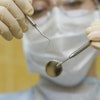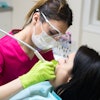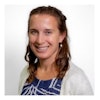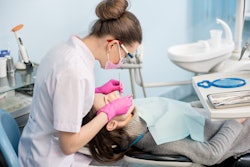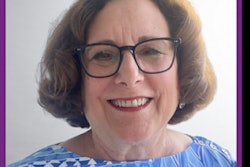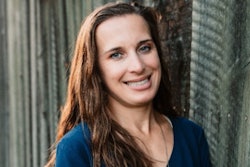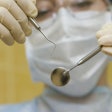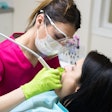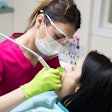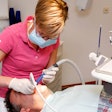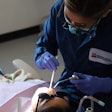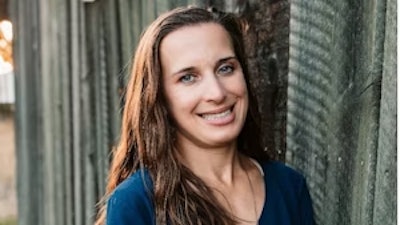
A compact license is a privilege granted to any individual who holds a license to practice a skill in one state in other states bound within that compact. Compact licensing has been around for years for various medical providers, and was first introduced to provide better access to care as healthcare providers hoping to relocate or who lived close to neighboring state lines would not have to reapply for an additional license.
By making the ability to work seem more feasible, state regulators hoped not to have job shortages or healthcare providers only going to one localized place. During the COVID-19 pandemic, many attributed having compact licensure to having more lives saved due to physicians, emergency medical technicians, and nurses being able to travel to harder-hit communities affected by the virus.
Currently, compact licenses are available to various healthcare providers such as physicians, nurses, physical therapists, emergency medical technicians, counselors, speech pathologists, occupational therapists, and psychologists. Respiratory therapists, dentists, athletic trainers, and dental hygienists are all considering adopting a compact privilege for their applicants.
It's an exciting time for dental professionals because huge strides have been made for a compact license to be drawn up. Earlier this year, seven states agreed to participate in the compact, thus pushing the dental compact license closer to reality. Some dental professionals have wondered why they cannot apply for a license yet. The organization that spearheads this project, the Council of State Governments National Center for Interstate Compacts, is estimating another year or year and a half before the dental compact license will be available for professionals to apply for. The seven states that initially agreed to the dental compact license were just the beginning of activation. Weeks later, two more states agreed to accept the dental compact license, bringing the total to nine states. Presently, three more states are still considering adopting the dental compact privilege.
Even more, no one knows how many more additional states will have agreed to recognize the dental compact license once it is finalized. Each time a state decides to accept the dental compact license, an appointee must meet with the Council of State Governments National Center for Interstate Compacts to serve on their compact commission. Over a year or so, these individuals making up the commission will discuss and implement a data collection system to monitor all the dental professionals who wish to hold this licensure. The data collection will hopefully help to monitor that dental professionals are upholding all the standards needed to maintain licensure. Currently, it is thought that the dental compact license will require each dental professional to adhere to, at a minimum, one of the nine state’s licensing credentials. If, for any reason, a dental professional fails to meet the standards required to participate in the state they are originally licensed for, they may fail to become licensed in the compact.
The shortage of dental professionals has taken a toll on dental patients across the country. Hopefully, by having a compact license within the next year or so, we will hope to provide better access to care and have fewer job vacancies. Dental professionals eager to see the compact licensure start are encouraged to ask their state government to accept it and to consider watching the Council of State Governments National Center for Interstate Compacts’ map and resource page.
By the way, could Nebraska be in the not-too-distant future? The governor is pushing for changes.
Editor's note: References available upon request.
Tracee S. Dahm, MS, RDH, is an adjunct clinical instructor for the North Idaho College School of Dental Hygiene in Coeur d’Alene, ID. She also works in private practice. Dahm has published articles in several dental journals, magazines, and a textbook. Her research interests include trends in dental hygiene and improving access to dental care for the underserved. She can be reached at [email protected].
The comments and observations expressed herein do not necessarily reflect the opinions of DrBicuspid.com, nor should they be construed as an endorsement or admonishment of any particular idea, vendor, or organization.
